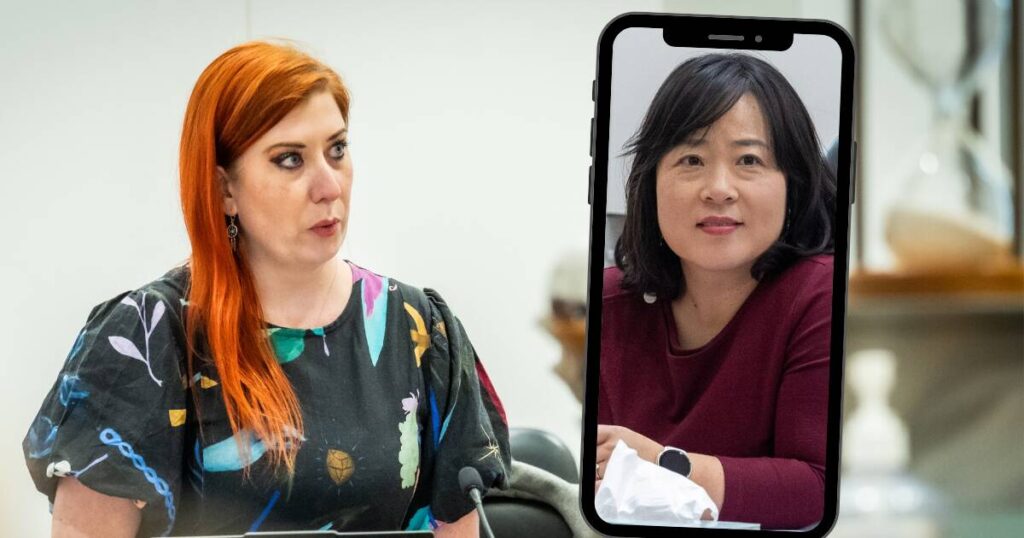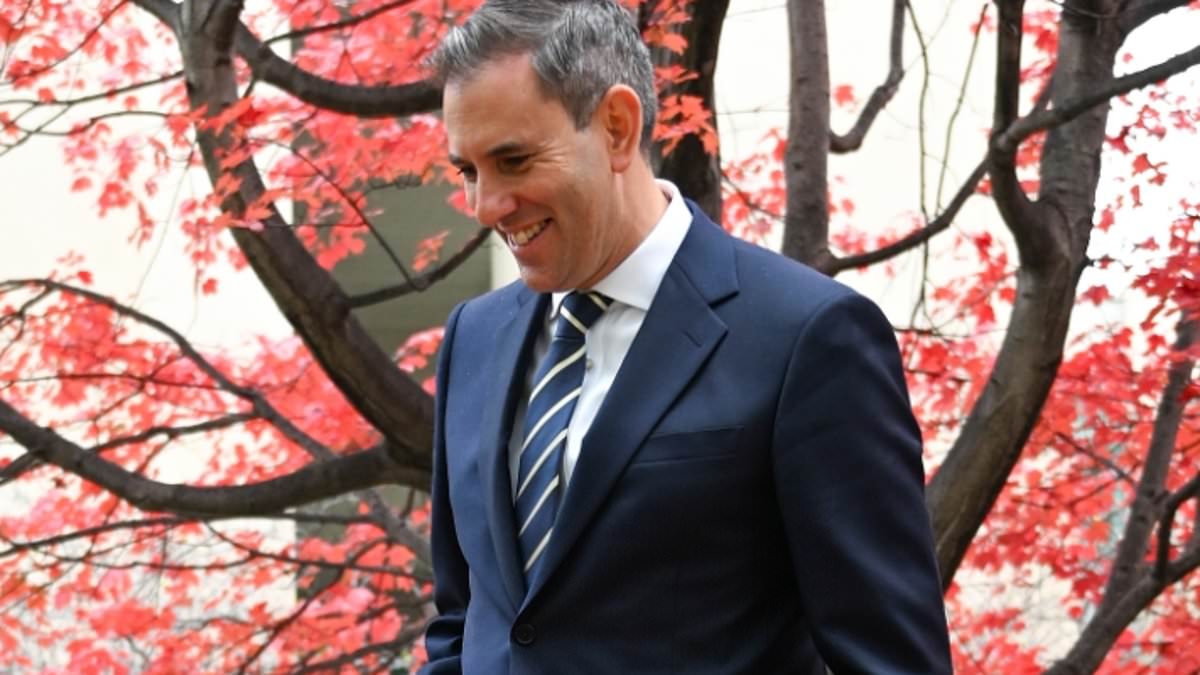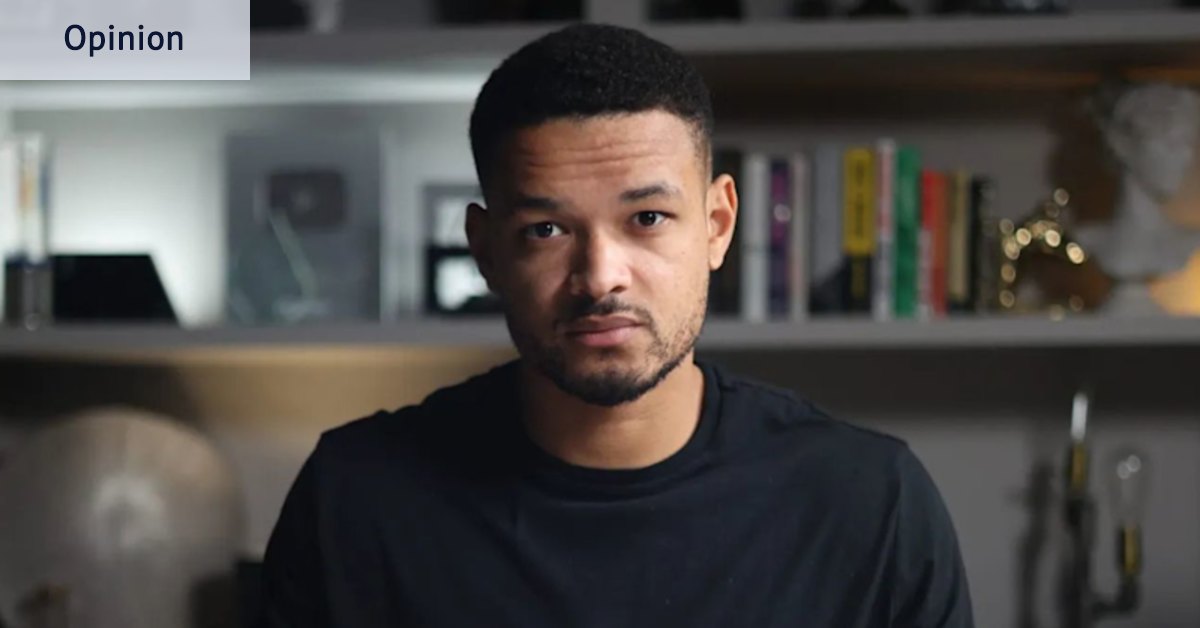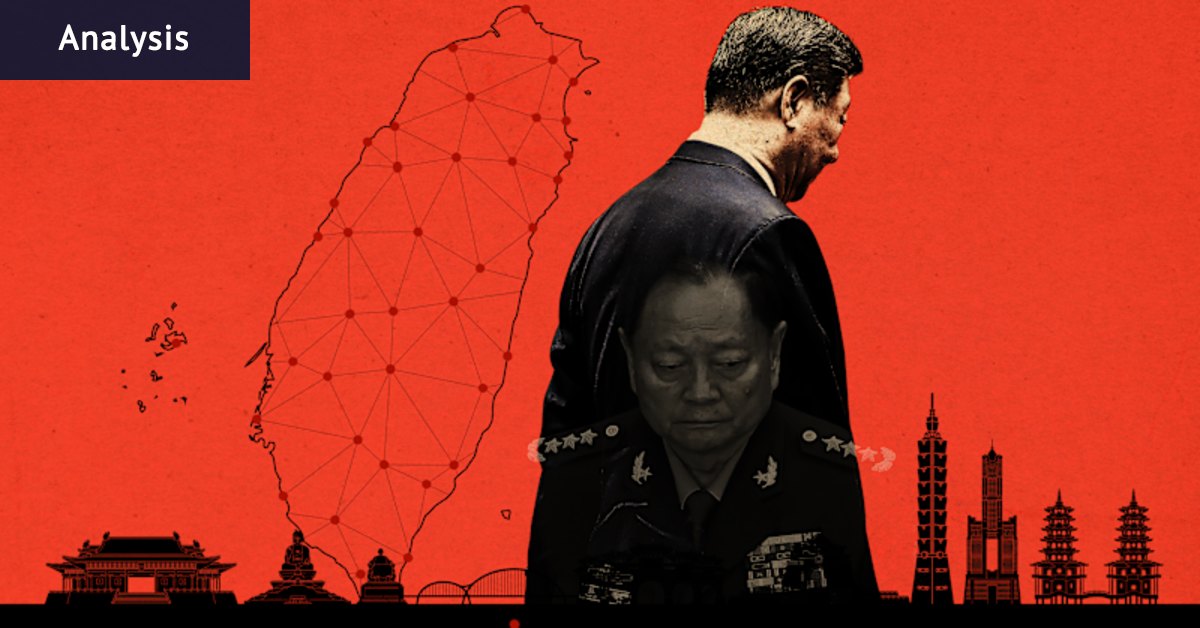
Attorney-General Tara Cheyne has issued a public apology to Liberal Party’s Elizabeth Lee following the revelation that Cheyne sent an anonymous text message to ABC Radio Canberra. The message criticized Lee, the former opposition leader, for her actions towards her successor, sparking controversy and calls for accountability.
The incident unfolded on Thursday morning when ABC presenter Ross Solly read the text on air, attributing it to a Labor MLA. Solly justified airing the message by noting the absence of a response from the Liberals to explain the situation. The text accused Lee of “flipping the bird” at her successor and highlighted her alleged lack of participation in party activities.
Political Repercussions and Apologies
Chief Minister Andrew Barr addressed the Legislative Assembly, expressing his disapproval of the anonymous text message. He confirmed that he had directed Cheyne to apologize directly to Lee, a directive that Cheyne complied with. Barr stated,
“No, I don’t [consider it acceptable] and I’ve asked the member concerned to issue a direct apology to Ms Lee. That has occurred and been accepted.”
The Chief Minister later identified Cheyne as the sender of the message, emphasizing that while the conduct was inappropriate, it did not breach the ministerial code of conduct. Barr expressed continued confidence in Cheyne’s role in the cabinet.
Background and Context
The controversy stems from a previous incident where Lee was caught on camera making an obscene gesture towards a journalist during a tense press conference. This gesture was referenced in the anonymous text, which criticized Lee for her perceived lack of support for her successor, Leanne Castley, and her absence from the Assembly following the October 2024 election.
Lee had taken a period of leave from the Assembly after losing the Liberal leadership, a decision supported by other members. The text message also questioned Lee’s commitment to party matters, suggesting she was disengaged from shadow cabinet responsibilities.
Responses from Political Figures
Greens leader Shane Rattenbury raised the issue during question time, asking Barr if the anonymous text met the standards expected of Assembly members. Barr reiterated his stance against the behavior and confirmed the swift apology process.
Meanwhile, Greens’ Andrew Braddock questioned Barr’s decision not to demand a public apology, implying it might be an attempt to downplay the issue. Barr refuted this, explaining that the apology was handled promptly and privately at Lee’s request.
Implications and Future Considerations
This incident highlights the ongoing tensions within the political landscape and raises questions about the conduct of elected officials. The swift response from Barr and Cheyne’s apology may help to mitigate immediate fallout, but it underscores the need for transparency and accountability in political communications.
The situation also casts a spotlight on the internal dynamics of the Liberal Party, particularly concerning leadership transitions and party unity. As the political scene continues to evolve, the focus will likely remain on how parties manage internal disputes and maintain public trust.
Looking ahead, the incident could prompt discussions on the appropriate use of anonymous communications by public officials and the standards of conduct expected within the Legislative Assembly. The broader implications for party politics and media interactions remain to be seen, as stakeholders navigate the complexities of political discourse in the digital age.





